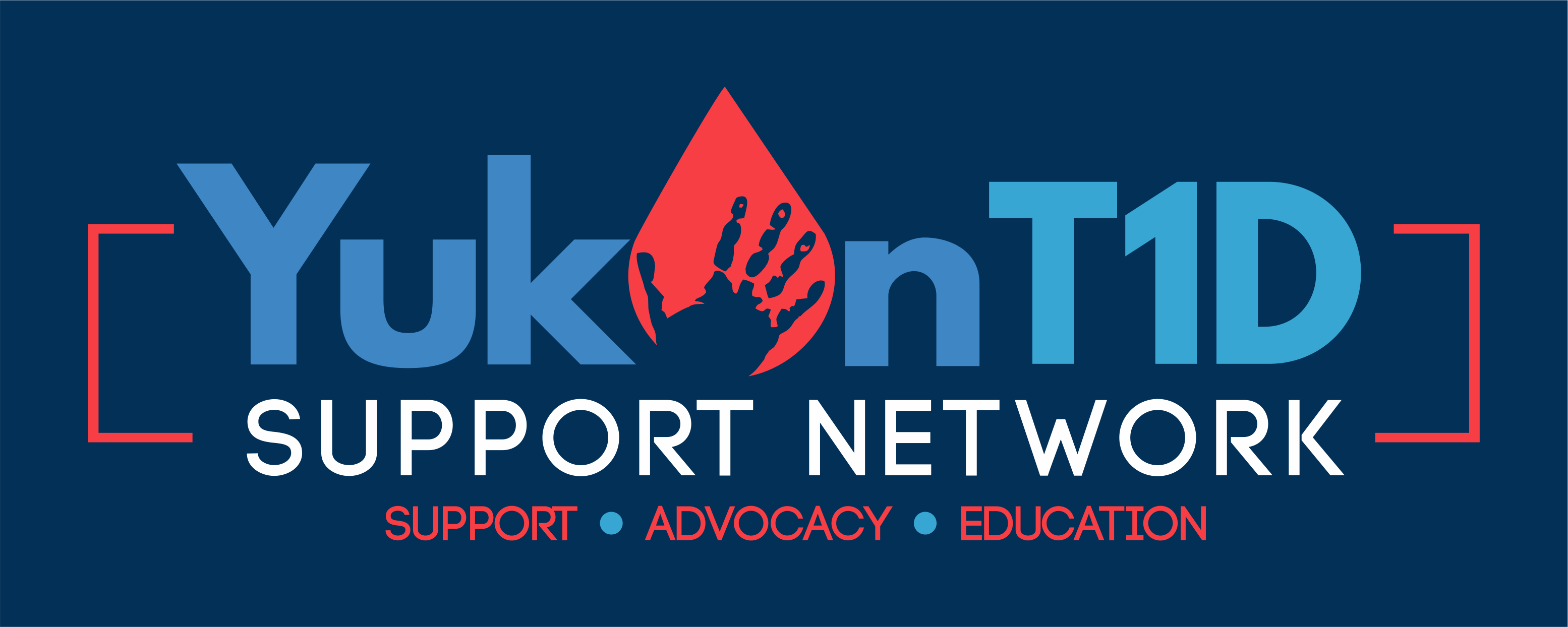Why do individuals report being diagnosed in the emergency room in a state of DKA after being repeatedly sent home by their doctors?
Why do some persons living with T1D report amazing care by their physicians while some report educating their doctor on the difference between Type 1 and Type 2?
Why are some adults being diagnosed as Type 2 when they have Type 1?
Why are so many adults with T1D struggling to gain access to an endocrinologist?
There are so many moving parts to the health care system. We know it is complex and we know that there isn’t an easy solution. But we also know that the diagnosis and support of T1D can be so much better! If health care providers are proficient in the forms of diabetes, they know the difference between them, and they can act accordingly. If health care providers are proficient in Type 1 diabetes, they know the signs and they know how best to provide support.
The Yukon T1D Support Network has been working with the Yukon Government in the development of a Type 1 diabetes strategy for the territory. Though there are many components to this strategy, the overarching theme for the strategy is the delivery of better care. This starts with people (from physicians to the general public) being fully aware of what Type 1 diabetes looks like and how best to manage the disease. In the end, the individual living with T1D must be able to care for themselves and the only way they can do this is if they are fully informed. How do we inform? Through education, through training, and through interventions.
Persons living with Type 1 diabetes deserve a good chance at a healthy life. Let’s work together to change the landscape of care.
